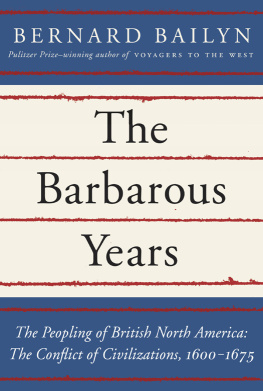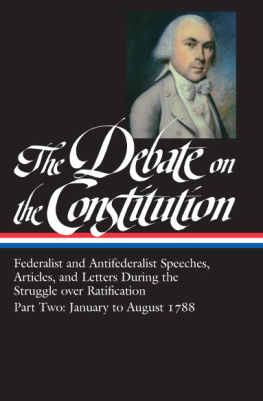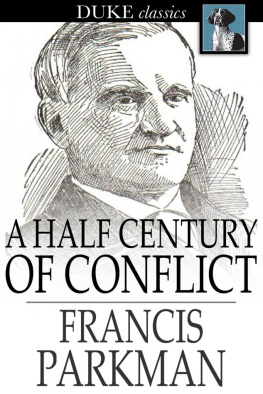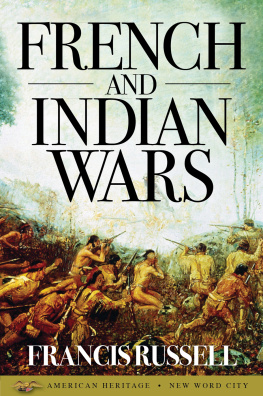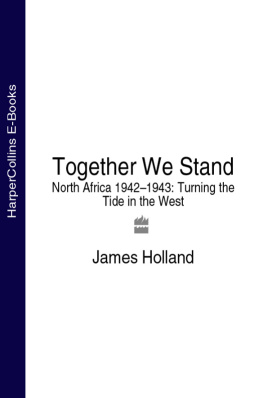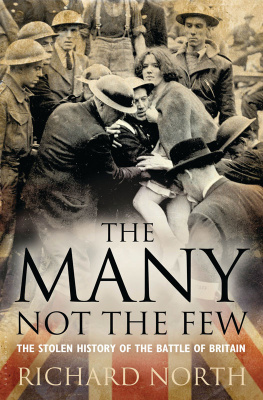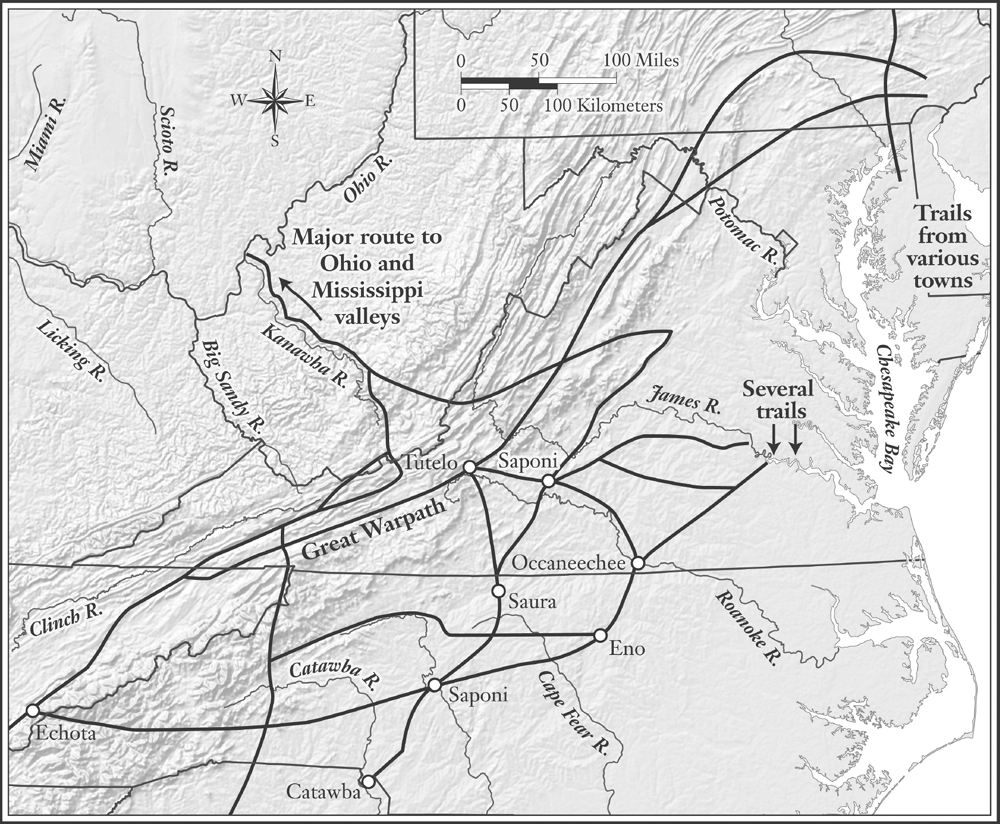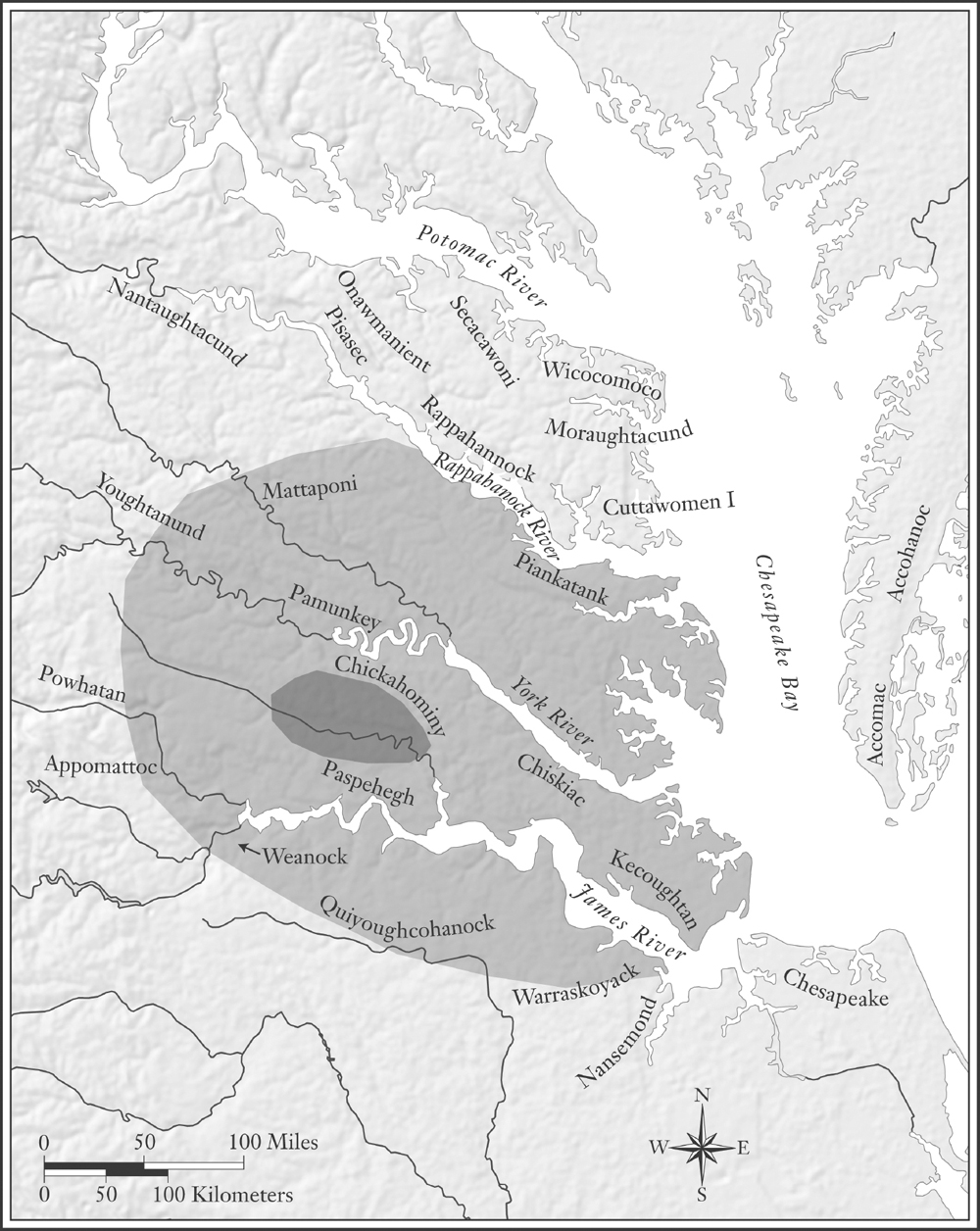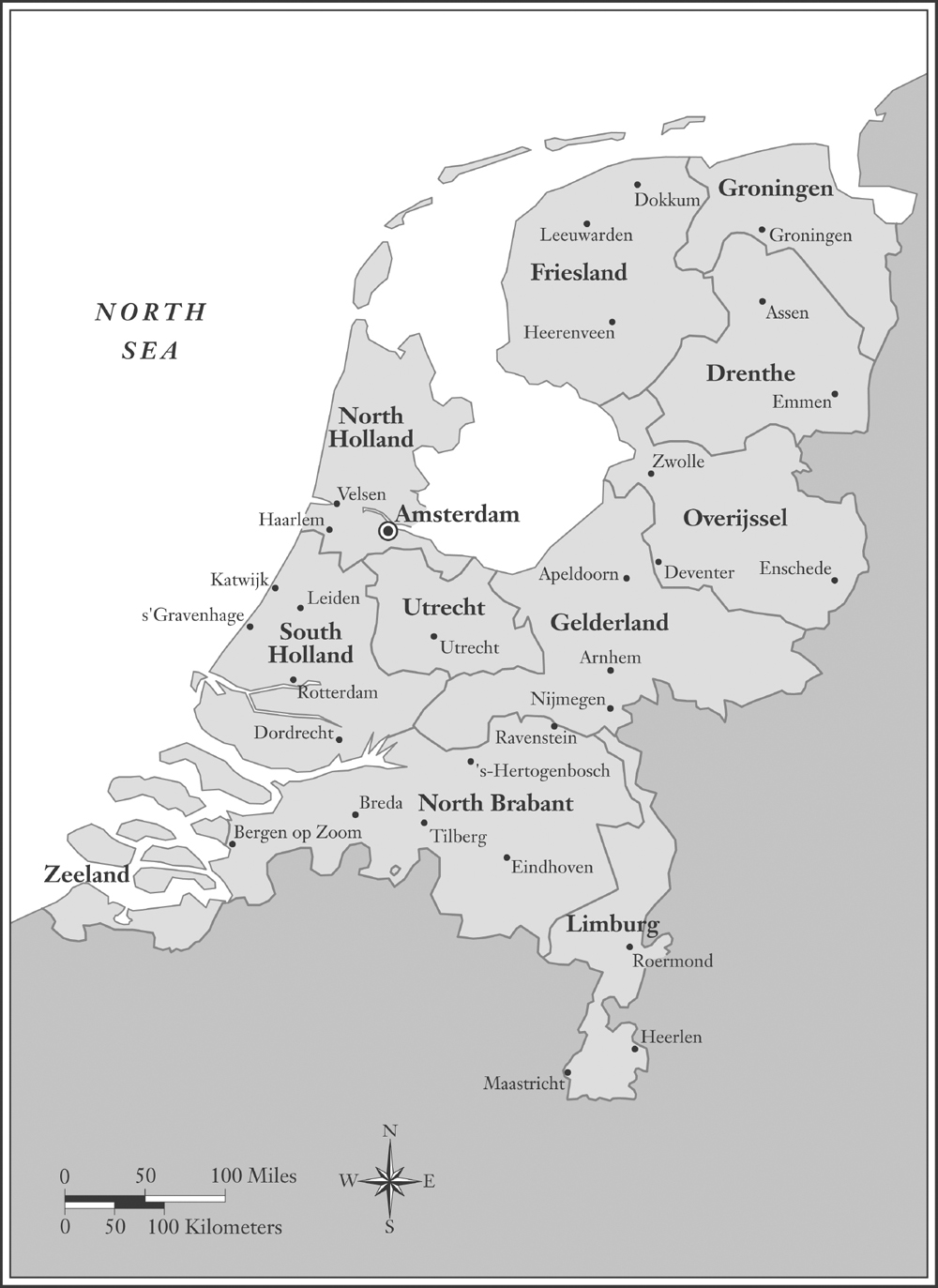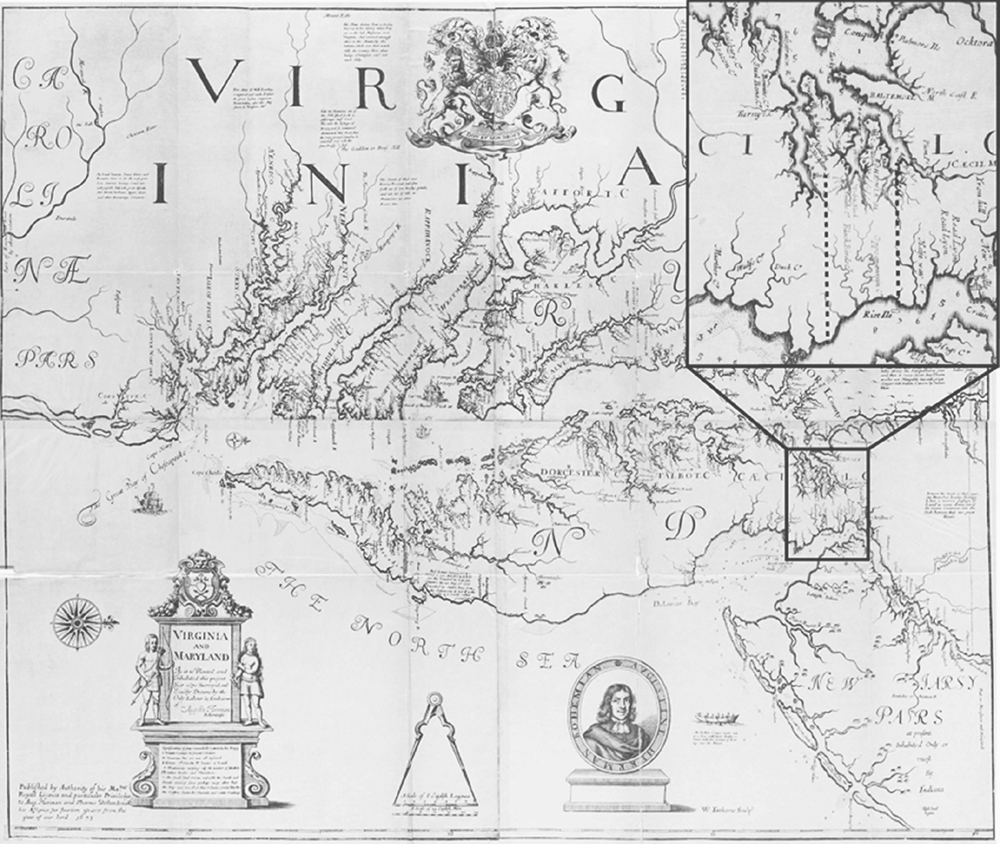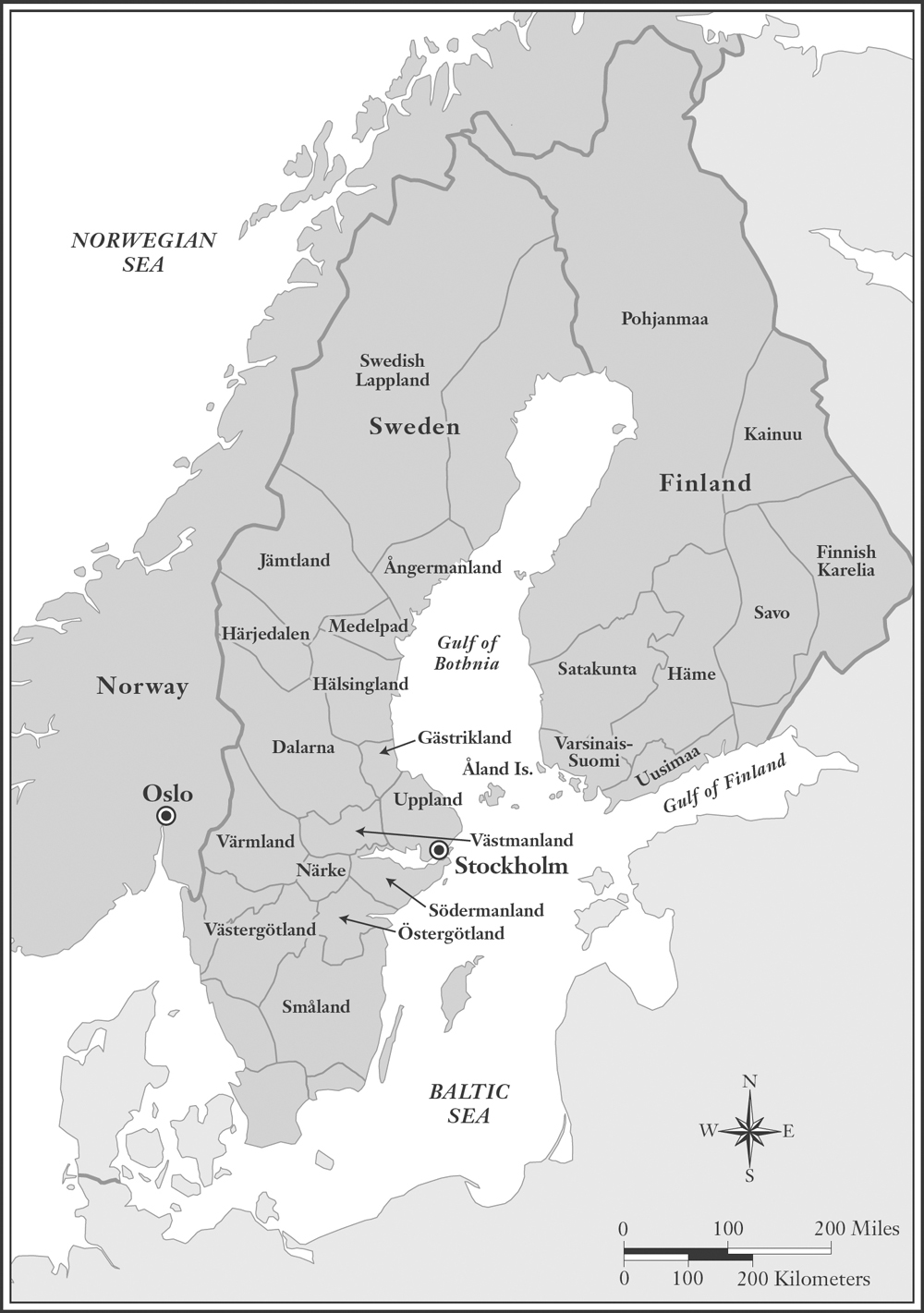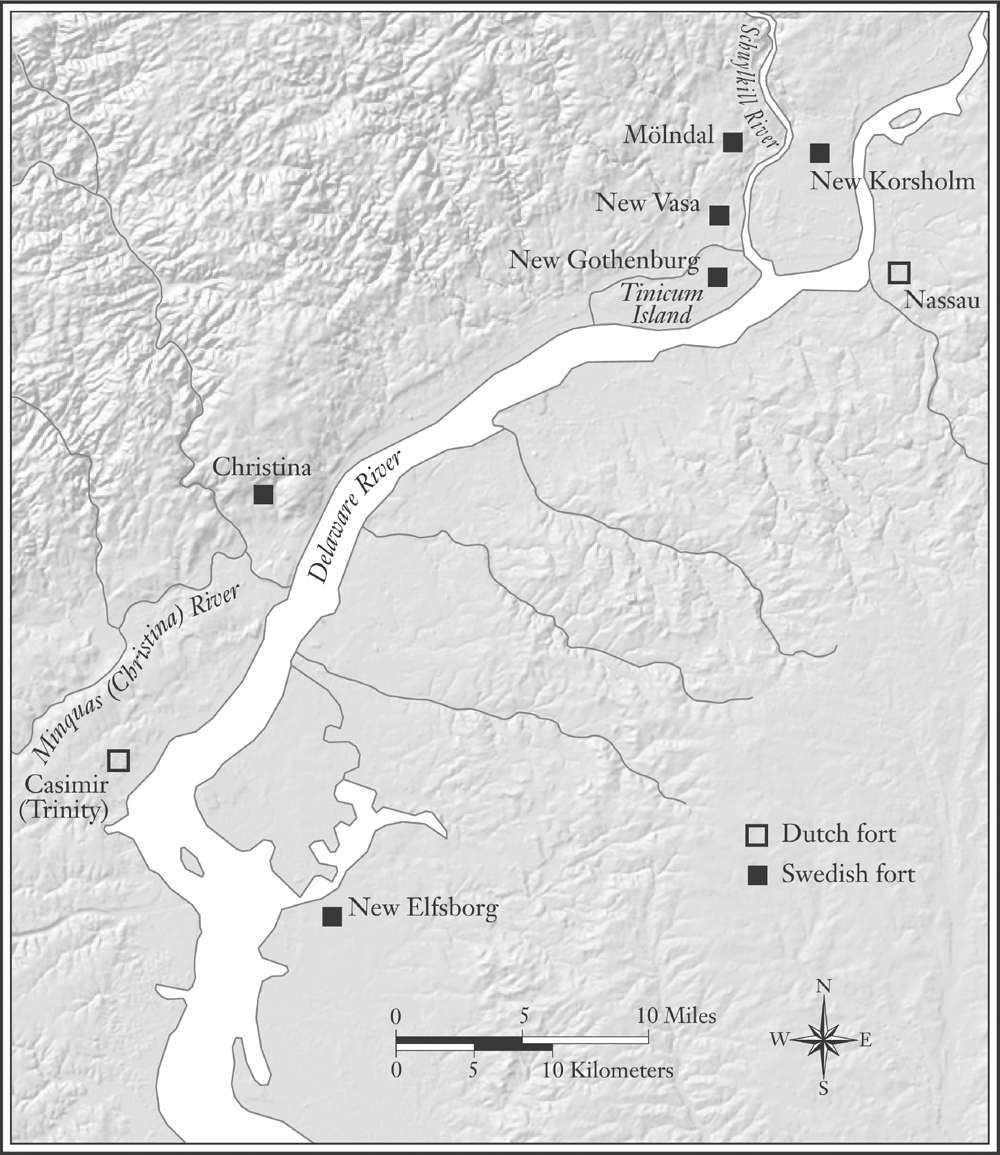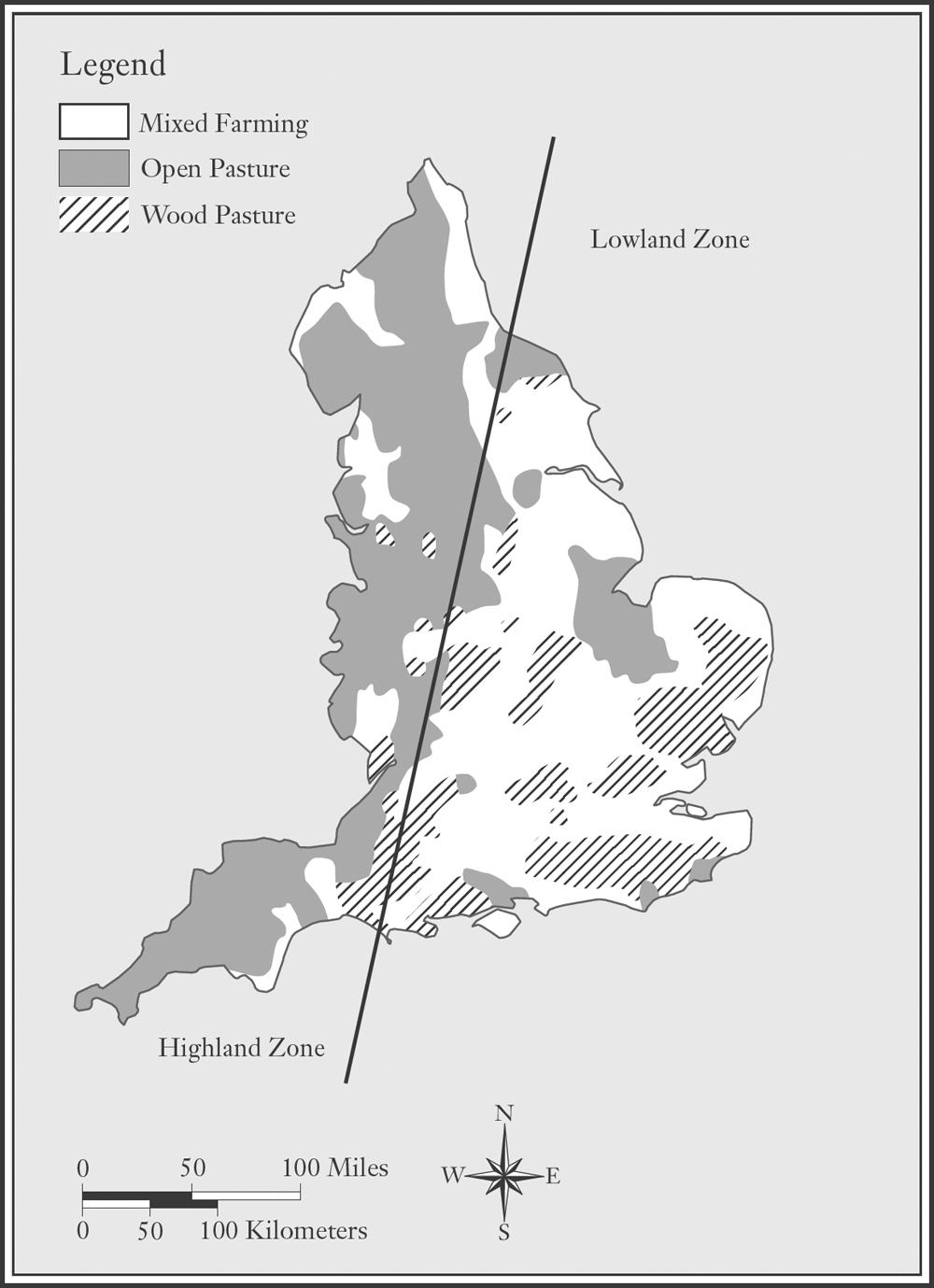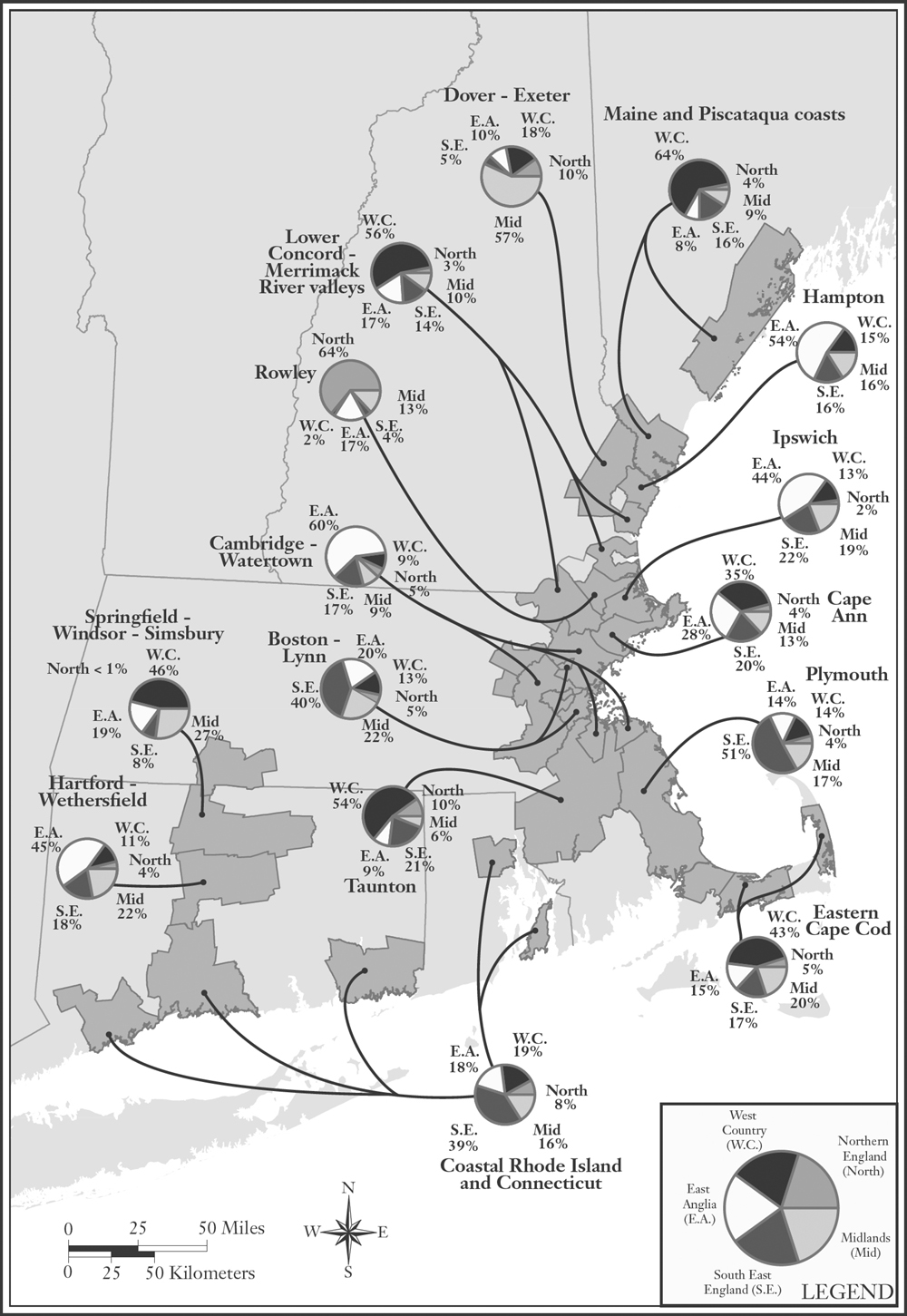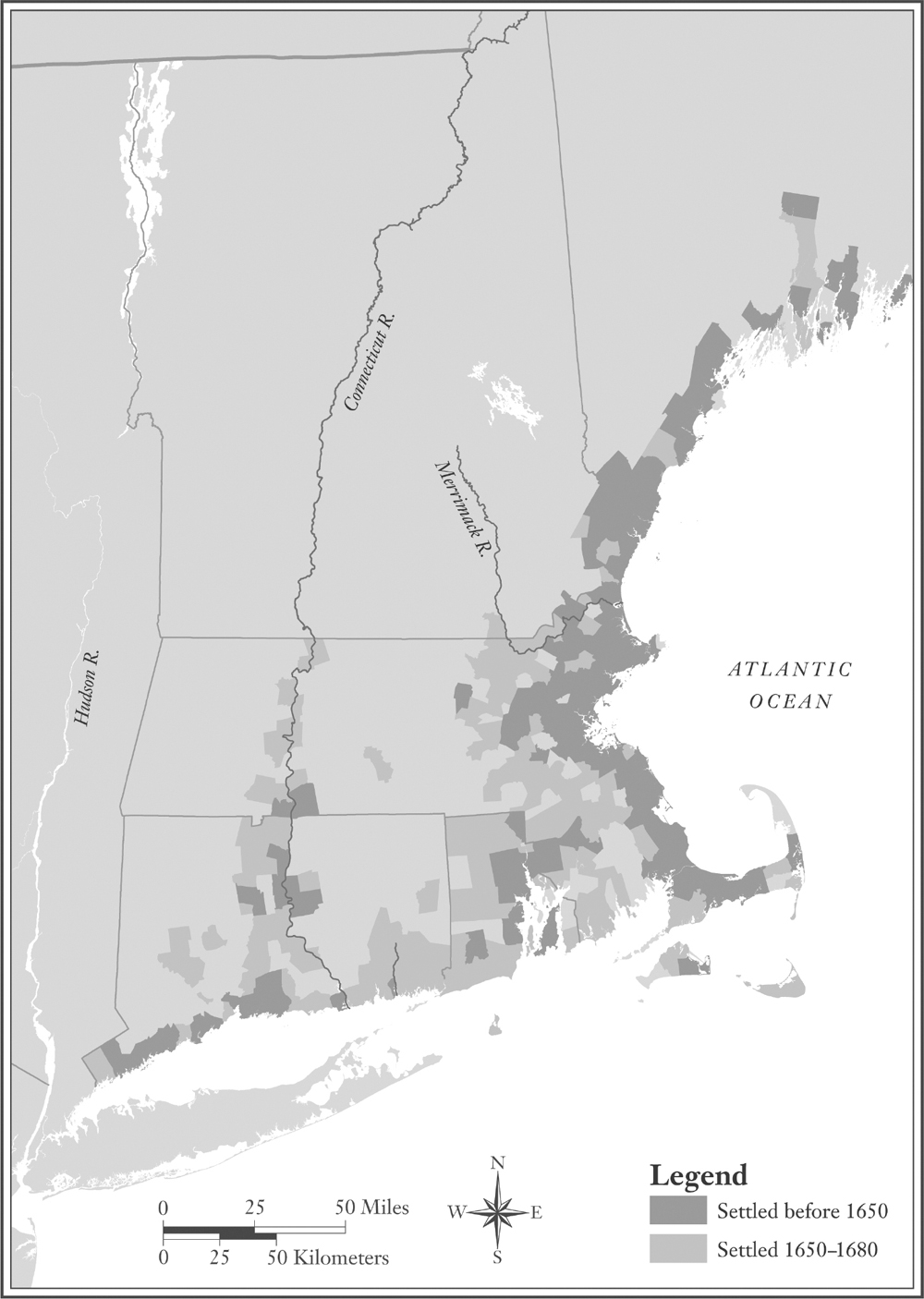Bailyn - The barbarous years : the peopling of British North America : the conflict of civilizations, 1600-1675
Here you can read online Bailyn - The barbarous years : the peopling of British North America : the conflict of civilizations, 1600-1675 full text of the book (entire story) in english for free. Download pdf and epub, get meaning, cover and reviews about this ebook. City: Canada, Great Britain--America, North America, United States, year: 2012, publisher: Alfred A. Knopf, genre: History. Description of the work, (preface) as well as reviews are available. Best literature library LitArk.com created for fans of good reading and offers a wide selection of genres:
Romance novel
Science fiction
Adventure
Detective
Science
History
Home and family
Prose
Art
Politics
Computer
Non-fiction
Religion
Business
Children
Humor
Choose a favorite category and find really read worthwhile books. Enjoy immersion in the world of imagination, feel the emotions of the characters or learn something new for yourself, make an fascinating discovery.
- Book:The barbarous years : the peopling of British North America : the conflict of civilizations, 1600-1675
- Author:
- Publisher:Alfred A. Knopf
- Genre:
- Year:2012
- City:Canada, Great Britain--America, North America, United States
- Rating:3 / 5
- Favourites:Add to favourites
- Your mark:
The barbarous years : the peopling of British North America : the conflict of civilizations, 1600-1675: summary, description and annotation
We offer to read an annotation, description, summary or preface (depends on what the author of the book "The barbarous years : the peopling of British North America : the conflict of civilizations, 1600-1675" wrote himself). If you haven't found the necessary information about the book — write in the comments, we will try to find it.
Abstract: Bernard Bailyn gives us a compelling account of the first great transit of people from Britain, Europe, and Africa to British North America, their involvements with each other, and their struggles with the indigenous peoples of the eastern seaboard. They were a mixed multitude from England, the Netherlands, the German and Italian states, France, Africa, Sweden, and Finland. They moved to the western hemisphere for different reasons, from different social backgrounds and cultures, and under different auspices and circumstances. Even the majority that came from England fit no distinct socioeconomic or cultural pattern. They came from all over the realm, from commercialized London and the southeast; from isolated farmlands in the north still close to their medieval origins; from towns in the Midlands, the south, and the west; from dales, fens, grasslands, and wolds. They represented the entire spectrum of religious communions from Counter-Reformation Catholicism to Puritan Calvinism and Quakerism. They came hoping to re-create if not to improve these diverse lifeways in a remote and, to them, barbarous environment. But their stories are mostly of confusion, failure, violence, and the loss of civility as they sought to normalize abnormal situations and recapture lost worlds. And in the process they tore apart the normalities of the people whose world they had invaded. Later generations, reading back into the past the outcomes they knew, often gentrified this passage in the peopling of British North America, but there was nothing genteel about it. Bailyn shows that it was a brutal encounter, brutal not only between the Europeans and native peoples and between Europeans and Africans, but among Europeans themselves. All, in their various ways, struggled for survival with outlandish aliens, rude people, uncultured people, and felt themselves threatened with descent into squalor and savagery. In these vivid stories of individual lives, some new, some familiar but rewritten with new details and contexts. Bailyn gives a fresh account of the history of the British North American population in its earliest, bitterly contested years
Bailyn: author's other books
Who wrote The barbarous years : the peopling of British North America : the conflict of civilizations, 1600-1675? Find out the surname, the name of the author of the book and a list of all author's works by series.

